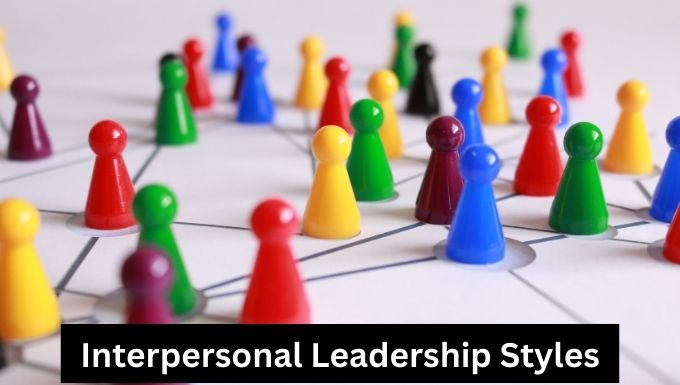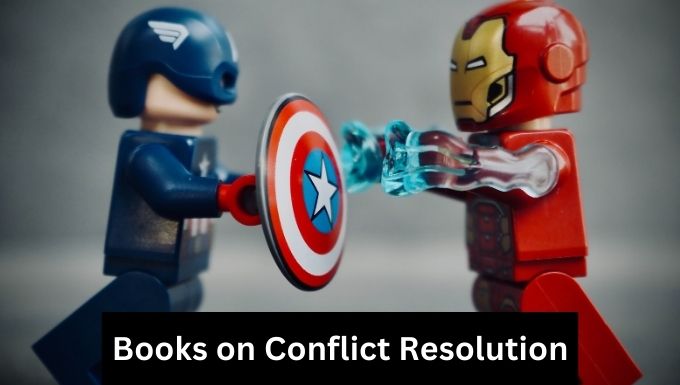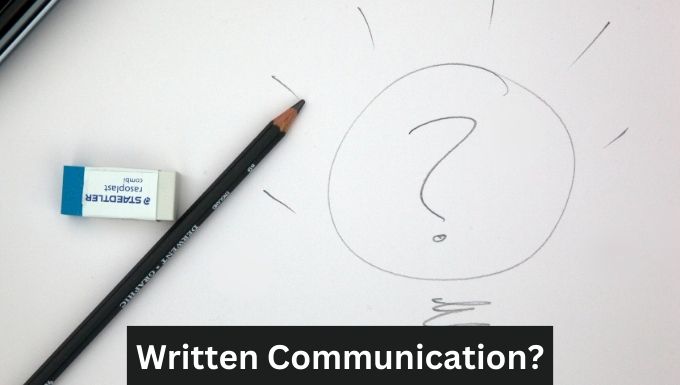Have you ever considered why some discussions feel personal while others seem formal? And what makes oral communication different from written communication? These questions lead to the intriguing world of communication.
So, in this article, we’ll discuss the differences between oral and written communication. We’ll also explore their characteristics and advantages. Let’s get started…
Table of Contents
What is Oral and Written Communication?
Oral communication involves spoken words exchanged in real time. It includes face-to-face conversations, phone calls, interviews, video conferences, and casual chit-chat. That enables you to have instant interaction and feedback. This is also called verbal communication.
Written communication relies on the written word. It contains emails, text messages, formal letters, and documents. The messages are documented and can be reviewed later anytime.
Characteristics of Oral Communication
Oral or verbal communication has distinct features that set it apart from written communication. Let’s discuss them.
- Oral communication occurs in real-time. It allows you to receive instant responses and clarification. This is valuable in situations where quick decisions or feedback are required.
- Oral communication allows the use of words and non-verbal cues like tone of voice, gestures, and facial expressions. These cues enhance your message’s impact. For example, a smile signifies affection, while crossed arms indicate aggression.
- One of the defining features of verbal communication is its simplicity. You can react quickly, making it suitable for quick exchanges and discussions.
- Oral communication is adaptable and appropriate for various settings and audiences. It can be formal, like a business presentation or informal, like a chat with friends.
- Verbal communication fosters personal connections between participants, particularly face-to-face interactions. Seeing and hearing the speaker allows a deeper understanding of his emotions and intentions. This is valuable for building trust and empathy.
Characteristics of Written Communication
Written communication has its unique characteristics. Let’s explore them.
- Written communication is text-based, relying solely on words. This offers precision and clarity in conveying information. And you can explain complex ideas in detail.
- Statements in writing are recorded. It provides a clear and lasting record of the communication. This is valuable for legal agreements, historical documentation, and critical records.
- Unlike oral communication, which is immediate, written communication gives you time to think, compose, and revise your message.
- Written communication is highly accessible. It’s distributed widely to an audience, regardless of location. And this is fundamental to our interconnected world, facilitating international business, education, and global collaboration.
Advantages of Oral and Written Communication
Both forms of communication have their advantages. Let’s examine them through a table.
| Aspect | Oral Communication | Written Communication |
|---|---|---|
| Speed | Swift exchange of information | More time for thoughtful response |
| Clarity | Immediate feedback | Clarity through well-structured text |
| Record-keeping | Less permanent, easily forgotten | Provides a written record |
| Non-verbal cues | Includes tone, gestures, and body language | Lacks non-verbal cues |
| Documentation | No physical document | Creates a tangible record |
| Audience engagement | Real-time interaction | Limited engagement during writing |
| Spontaneity | Can adapt to the situation on the spot | Requires time for composing |
| Confidentiality | Limited control over who hears | More control over distribution |
Challenges in Oral Communication
The oral communication faces unique challenges. Understanding and addressing these challenges is crucial for developing clear and meaningful interactions. Let’s discuss these challenges.
- Oral communication allows instant feedback, but quick responses may lack depth and impact feedback quality.
- Conversations lack a tangible record, relying on memory unless transcribed.
- In personal discussions, misaligned non-verbal cues lead to misunderstandings.
- External factors like background noise or interruptions hinder oral communication clarity.
- Oral discussions lack visual aids, making it difficult to illustrate complex concepts.
- Multilingual settings introduce challenges in conveying messages accurately and increase misunderstandings.
Challenges in Written Communication
In a text-oriented environment, conveying messages is powerful but complex. Let’s explore the challenges of written communication.
- Unlike face-to-face interactions, written messages lack tone and body language, leaving room for misunderstandings.
- The absence of immediate feedback makes clarity challenging, demanding precise sentence structure.
- The reliability of written communication requires careful editing to prevent errors.
- Customizing messages for a diverse audience demands expertise to ensure understanding and engagement.
Impact on Relationships
Oral communication is the cornerstone of healthy relationships. It promotes understanding, trust, and emotional connection. The way you express yourself directly influences your relationships.
On the other hand, effective written communication enhances relationships by promoting clarity, professionalism, and documentation. It serves as a valuable tool for communication and presentations.
FAQs
Which is better for formal communication?
Written communication is typically more suitable for formal communication due to its clarity and documentation.
How can I improve my oral communication skills?
Practice active listening, work on your non-verbal cues, and join public speaking courses to improve your oral communication skills.
What is the role of body language in oral communication?
In oral communication, body language conveys emotions, intentions, and emphasis.
How can I enhance my written communication skills?
Developing written communication skills requires clarity, precision, and practice conveying complex ideas simply.
Conclusion
Effective communication is the cornerstone of successful interactions in our personal and professional lives. Understanding the differences between oral and written communication is critical.
Because learning and choosing the right method for each situation is vital for effective communication. That enables you to build solid relationships and convey information efficiently.
Hope you find this article helpful. Let us know in the comments.






